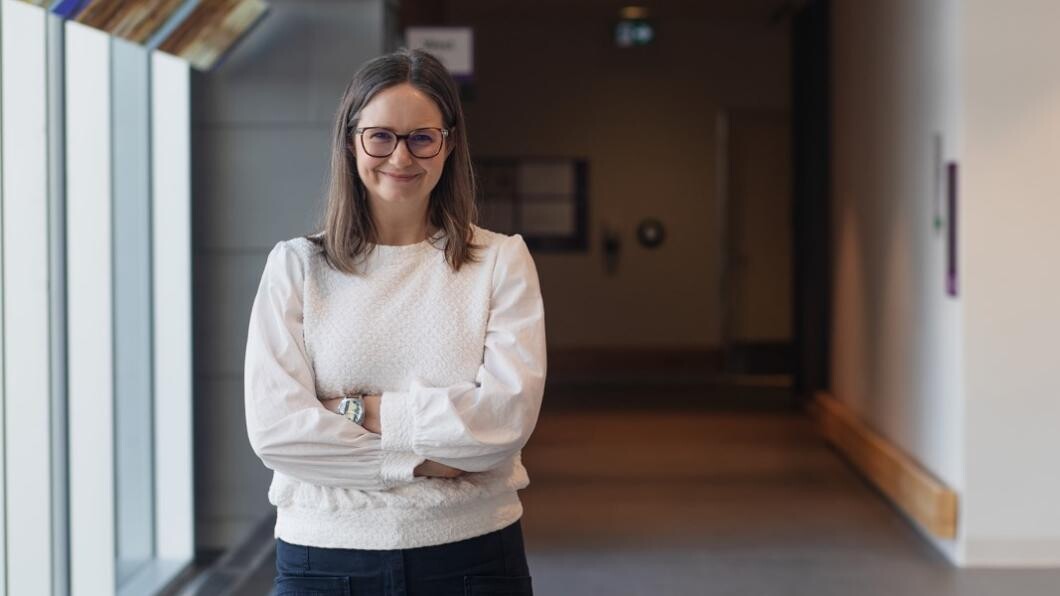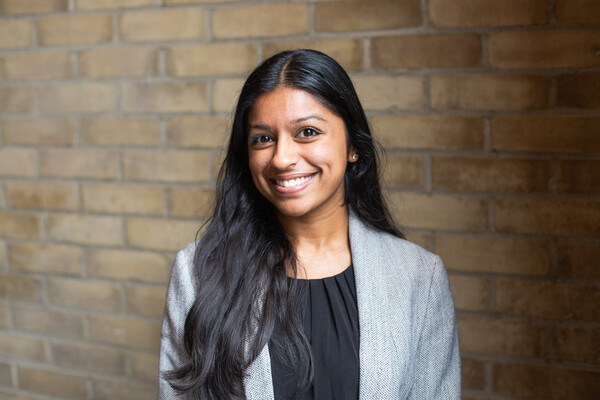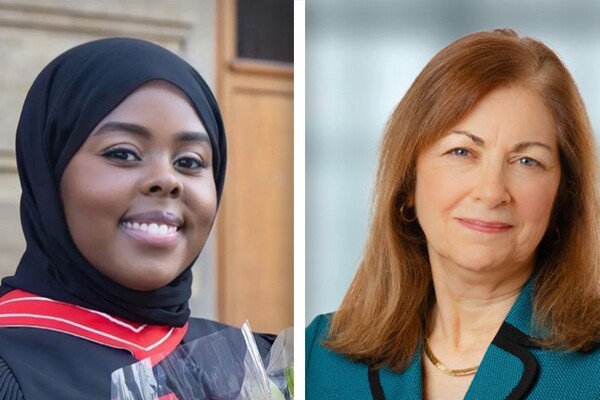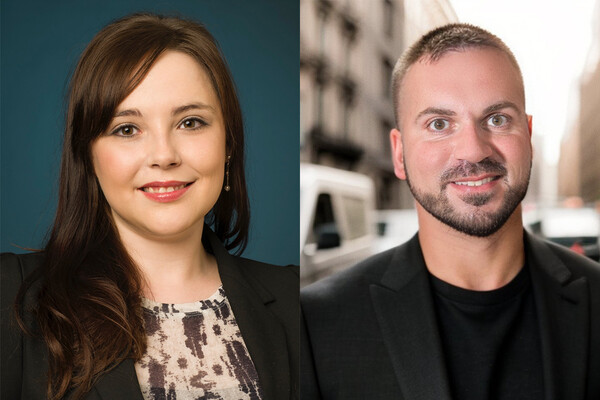Mobile Menu
- Education
- Research
-
Students
- High School Outreach
- Undergraduate & Beyond: Community of Support
- Current Students
- Faculty & Staff
- Alumni
- News & Events
- Giving
- About

There have been sporadic and disturbing media accounts of autistic* people who engage with extreme ideologies, but very little research has explored the motivations behind their actions.
Now, an international team led by Holland Bloorview Kids Rehabilitation Hospital and the University of Toronto has published a qualitative study that examines the personal and contextual factors affecting autistic adults’ participation in online and offline hate forums.
Melanie Penner and her team interviewed 12 autistic adults, most who reside in the U.S. and one in Canada, about their experiences with online hate forums and offline groups that gather in-person.
The team, which included autism researchers, health-care practitioners, anti-extremist experts and autistic advocates, identified three key themes from their interviews: early traumatic exposures, missed opportunities to build a positive identity, and finding a fit for neurodivergence.
“This study shows that there were so many factors beyond being autistic that helped to explain why these individuals in the study became involved with hate groups,” says Penner, a senior clinician-scientist at Bloorview Research Institute and associate professor of paediatrics at U of T’s Temerty Faculty of Medicine.
These individuals experienced traumatic or abusive situations, did not feel they belonged, felt angry or were bullied in part because they were neurodivergent. Many also did not receive a timely diagnosis so they missed out on the critical understanding of who they were, which may have contributed to a lot of stress in their lives.
“Like all humans, these autistic people sought friendship and a sense they were valued, and after failing to find that in their local communities, they were welcomed and accepted by certain hate groups, where they found a sense of belonging that they hadn’t experienced in the rest of society,” adds Penner, who is also affiliated with U of T’s Dalla School of Public Health.
“This tells us that autism alone doesn’t explain why these individuals made the choice to engage in these groups.”
Most of the participants’ engagement was lengthy, but the nature of their interaction varied. Some listened to neo-Nazi music online, for example, while others had leadership roles with forums or groups.
“We need to create a more inclusive society for autistic people where they feel understood, have a sense of belonging, and have meaningful ways to contribute,” says Penner.
“In order to accomplish that, we also need to have an understanding of being neurodivergent. It’s also important to understand the co-occurring conditions that go along with autism so autistic people, their loved ones, and professionals can have a good understanding of their identities, strengths, and needs.”
Penner says online spaces are also important places for autistic individuals find their community and find a sense of belonging. “Online forums can be a great place to connect to find community, but it’s good for individuals to be prepared for what they might encounter before they engage socially online.”
Co-author Christian Picciolini is a former extremist and founder of Free Radicals Project, an organization that works with hundreds of individuals to disengage them from hate groups. He said the study champions the need for more inclusive environments that recognize and nurture the unique skills of autistic individuals while addressing the underlying factors that can contribute to their disenfranchisement.
“As someone who has worked extensively with individuals seeking to disengage from extremism, I’ve seen firsthand how social exclusion and unmet needs can drive vulnerable individuals toward harmful ideologies,” Picciolini said. “By fostering environments that are both supportive and inclusive, we can help autistic people thrive and prevent their exploitation by those who seek to manipulate them for destructive purposes.”
*Note: many autistic self-advocates prefer to use identity-first language rather than people-first language in describing themselves. With this in mind, we are consciously choosing identity-first language for the purpose of describing this study.


